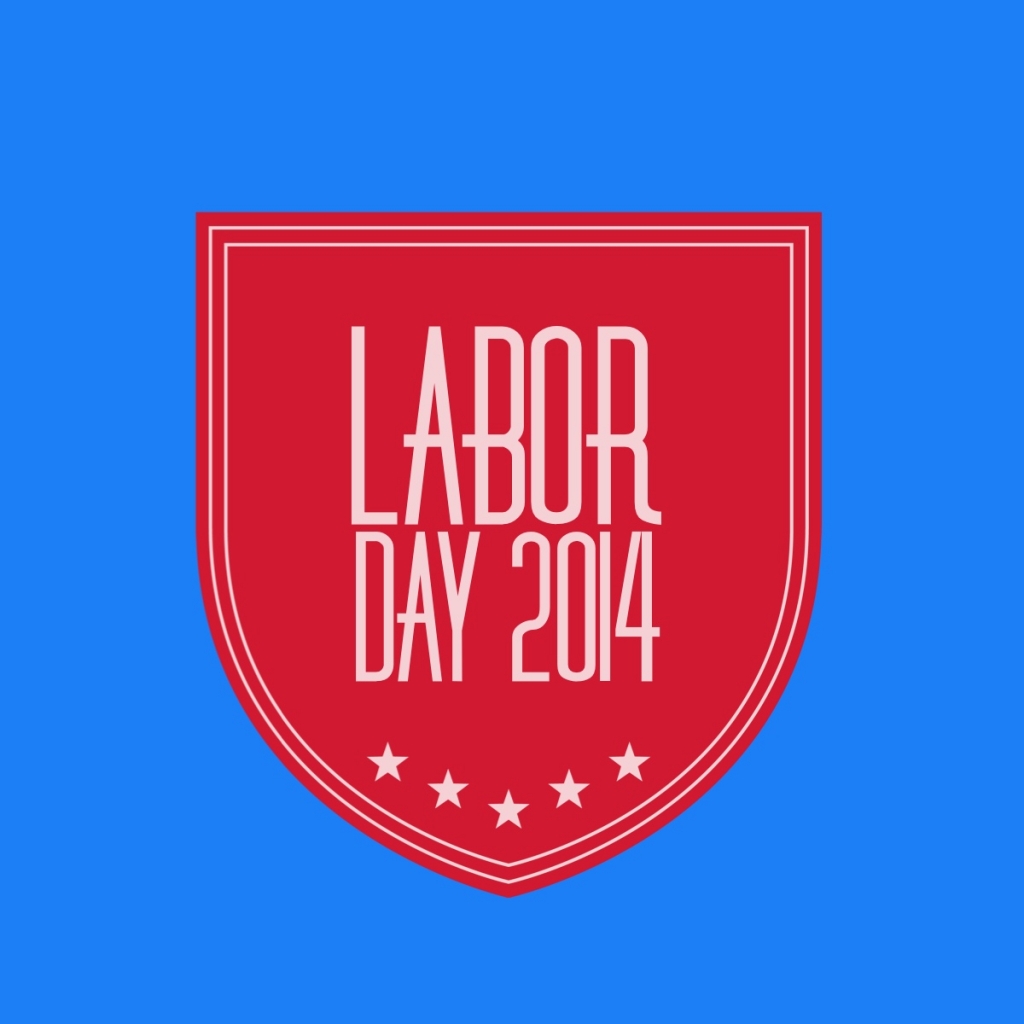
As we take a break from work this Labor Day, we should start thinking how we can get ahead at the office.
By Chanda Temple
I know it’s hard to think about work on a day off like today, but this Labor Day is the perfect time to plot your next career move.
If you don’t have a plan, it’s time to take a pause from the holiday barbecue and race to create one. Failure to do so could leave your career stuck in neutral.
Career coach Melva Tate of Tate & Associates in Birmingham, Ala. offers seven tips to help the unemployed, under employed and even the gainfully employed get ahead in the workplace.
Create a career blueprint
Every person with a job or a desire to have one, should have a career blueprint. In it, should be answers to where you see yourself in five years and how that goal correlates to where you are now. Put your plan on paper because you are more likely to act on things you see rather than things in your head.
For example, if you’ve just graduated and you are starting an accounting job, your next goal could be securing a certification in your field. Do you want to become a CPA? Do you want to become a senior accountant? See what’s required to get to that level and pursue it.
If it’s hard to see where you want to be in one year or even five, ask yourself some hard questions. Do you prefer working in a large company or a small one? Do you like to manage people or be managed? Do you like to work inside or outside? Be honest. Your answers could help clear a path to a better tomorrow.
Invest in yourself
If you are looking for a job and it requires a certain skill set you don’t have, consider taking classes to get those skills. Is there a one-day seminar or workshop that will help you in your current job? If so, take it. Don’t wait for your organization to tell you about workshops. Go out there and find seminars that will help you.
If there’s an available workshop or certification class that could help you but the company won’t pay for it, consider paying for it yourself. If it will help separate you from the majority in you field, it’s worth the investment. “Don’t wait for your organization to invest in you. Invest in yourself,” Melva says.
Separate yourself from the competition
Skills are important, but so is appearance. Dated looks (old clothes and hairstyles) are not as powerful as a well-groomed person with confidence and great presence. The latter makes for a good first impression, especially on a job interview.
You don’t have to wear the most expensive suit or latest hairstyle to be remembered. But smart dressing, a fresh hair cut or even coloring gray hair could boost your career. “A positive first impression is more valuable than anything,” Melva says.

Stay up on the latest fashions by reading magazines, blogs and visiting stores like Belk, pictured here. Not everything is for the office, but images will give you an idea of what’s trending.
Link up
Join industry-related organizations and connect with people in your profession. There is value in being around people who do what you do, Melva says.
Find a mentor
A mentor can give you a different career perspective than those in your industry-related organizations. Your mentor does not have to be someone in your field. It can be someone you view as successful and can offer sound advice.
Where do you find a mentor? Not at your company. Why? If you leave, it could be awkward. Look for mentors in your field, at church, the community or family. A mentor could even be an old professor. “To find a mentor, think back. It’s generally someone you’ve encountered before and not someone who’s new to you,” Melva says.
Pay it forward
If you are unemployed, consider volunteering for an organization that could use your skills. Include the experience on your bio or resume.
If you are an accountant, for example, volunteer to work on an organization’s books. If you work in marketing, volunteer to help promote a program. Also consider working outside of your comfort zone. If you are a skilled writer, volunteer to do something new and different. It will broaden your experience and your circle.
“Don’t wait for the next opportunity, but be involved to create the next opportunity,” Melva said.
If you are employed, look for volunteer opportunities that will allow you to cross train, fill in for someone or lead a special project. “Those of us who have worked for free, will tell you it will pay off,” Melva says.
Reward small successes
If you get a certification in your field, reward yourself. You deserve it. How you reward yourself along the way will help you plan for your next goal.
Melva Tate runs Tate & Associates, a human resources and career consulting firm. She is also co-host of The Joe Lockett Show on WYDE 101.1 FM. Follow her on Twitter and Facebook as the Career Coach.
Chanda Temple is a former reporter now working in public relations. She blogs about being better in business and more at http://www.chandatemplewrites.com. Follow her on Twitter at @chandatemple. Contact her at chandatemple@gmail.com.


